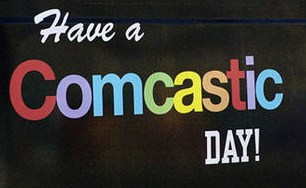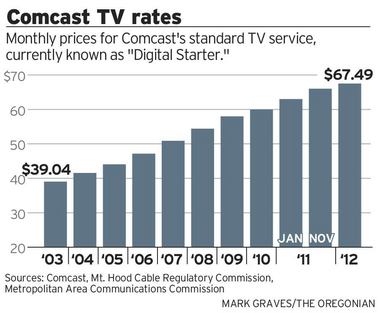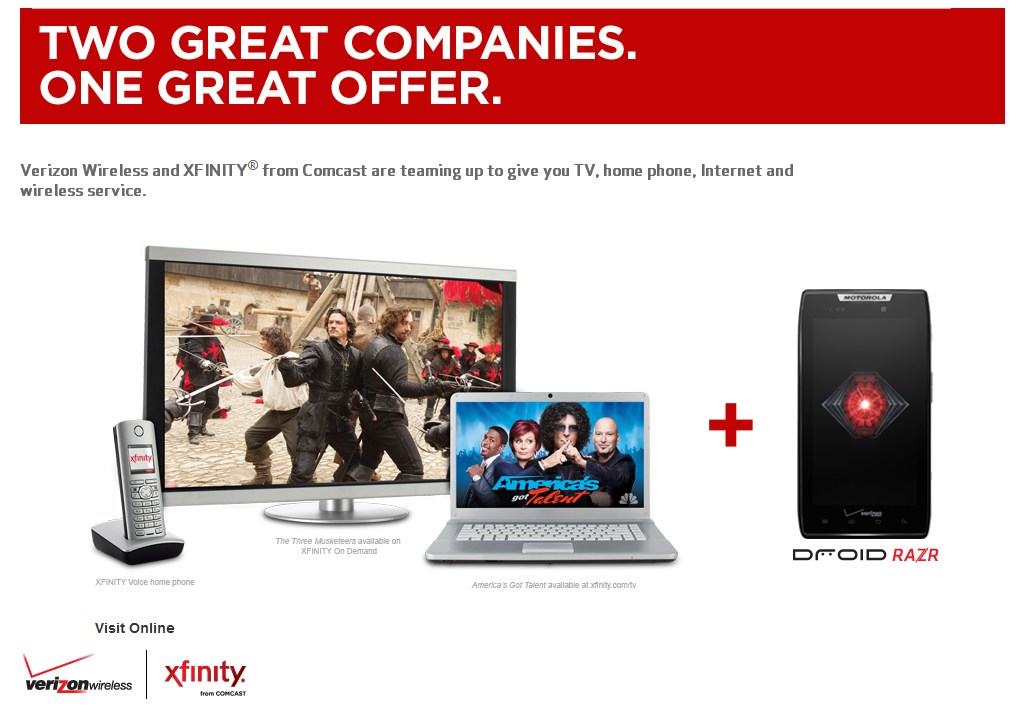CenturyLink has convinced Arizona state regulators local phone service is now competitive throughout the state, allowing the company to raise rates with less regulatory oversight. But some consumers are wondering how deregulation benefits them.
“Once again the phone company has sold us another bill of goods in Arizona,” says Tucson ex-CenturyLink customer Miguel Gonzalez. “First Qwest and now CenturyLink told us that deregulation would bring rates down for phone service, yet both companies fought for years to raise, not lower prices.”
Under the plan approved by the Arizona Corporation Commission, CenturyLink will be able to raise its residential rates up to 10 percent per year, so long as the rate increases do not exceed 25 percent over three years.
Arizona residential landline customers have paid roughly $13.18 for standard urban phone service since the 1990s, when Qwest was the local phone company. Now CenturyLink is free to raise those prices $1.30 a month in any of the next three years or up to $3.30 overall, even as customers continue to disconnect service across the state. Business customers face potentially higher rate hikes — 15 percent annually or 25 percent over three years.
Regulators expect the company to file for a rate increase before you finish reading this article.
Oddly, both CenturyLink and some members of the commission called the change a victory for consumers, despite the likely higher rates to follow. The plan won approval in the Republican-controlled body in a 4-1 vote.
“It should be a win-win for the consumer (and the company),” said Democrat commissioner Paul Newman, who represents southern Arizona and voted for the plan with reservations. “That’s yet to be seen, but I hope it will be.”
The Arizona Daily Star reports CenturyLink will not be able to charge different rates in competitive and less-competitive areas, which consumer advocates say will protect ratepayers in areas where wireless coverage is poor and cable companies do not compete.
CenturyLink said it needs “rate flexibility” to compete as people disconnect landlines and head for cell phones and cable company “digital phone” products. Although the company did not elaborate, it argues the right to raise rates will allow it to compete more effectively with dominant cable operators Cox and Comcast.
Prior to deregulation, CenturyLink was allowed a guaranteed rate of return based on the true cost of providing landline phone service. The company also guaranteed to provide phone service to any Arizona resident inside of its service territory who asked. Under the terms of the new agreement, CenturyLink will now enjoy more rate flexibility, but will continue serving as the phone company of last resort.
“I’m still scratching my head about how the pointy-heads in Phoenix believe that raising rates makes you more competitive with cable and cell phone companies and not less,” Gonzalez says. “I guess it’s the same kind of New Phone Math that CenturyLink uses to try and keep the customers that are slipping away from them faster than ever.”
Gonzalez says he pulled the plug on CenturyLink last August.
“They offer nothing compelling to me when I can get a better price and better service with more calling features from the cable company, and now they offer even less.”


 Subscribe
Subscribe









